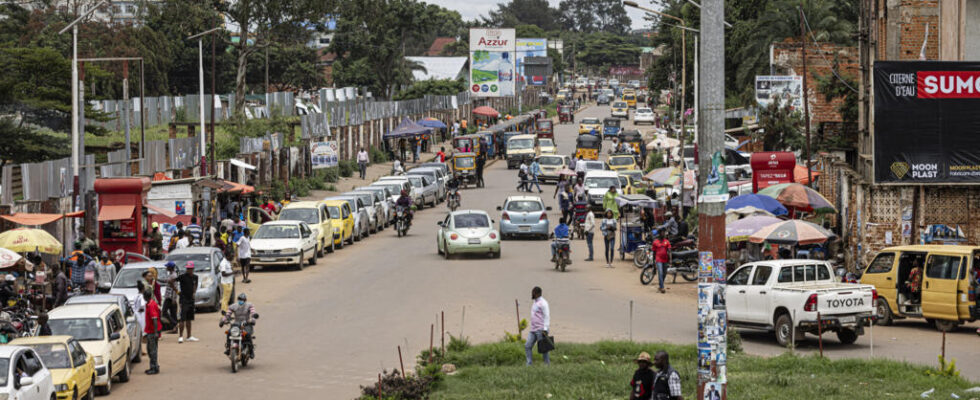In the south of the Democratic Republic of Congo (DRC), while the Head of State, Félix Tshisekedi, is launching this June 20, 2024 in Lubumbashi, the National Service, opponents, representatives of the Catholic Church and actors of civil society denounce the forced recruitment of young people within the framework of this program created in 1997. Explanations.
2 mins
With our correspondent in Lubumbashi, Denise Maheho
The Congolese head of state, Felix Tshisekedi, is launching the National Service this June 20, 2024 in Lubumbashi. Already more than 500 idle young people from a few towns in DRC are enlisted there and were sent to the Kaniama Kasese center in the center of the Katanga region. They should learn different trades including agriculture.
In Lubumbashi, this operation carried out by the police, however, arouses controversy. Whether leaders of the Catholic Church, those of the political opposition or even civil society, all denounce forced recruitment which violates human rights. Accusations that the National Service rejects.
“ It becomes forced labor »
This weekend, 200 young people took the plane from Lubumbashi to the center of Kaniama Kasese where they will join this National Service. But for Hevré Diakiese, spokesperson for the opposition political party Ensemble pour la République, the recruitment was not done according to the rules. These young people were first arrested by the police. “ When you decide to arrest someone because you find their hair too abundant, or because you don’t like their style of clothing – and the police are responsible for arresting such people and bringing them directly to National Service – it becomes forced labor », he says.
For his part, the Archbishop of Lubumbashi recalls that the National Service was created to welcome young graduates and idle people who volunteer to be initiated into various professions and patriotism. Monsignor Fulgence Muteba affirms: “ At the start of this operation, when Mzee Laurent-Désiré Kabila [président de la RDC de 1997 à 2001, NDLR] started it, it was on a voluntary basis, a bit like one does to enlist young people in the army or the police. And therefore their freedoms must be fundamentally respected. »
The National Human Rights Commission in Lubumbashi also deplores cases of arbitrary arrest during this operation. For their part, National Service officials maintain that these young people enlist voluntarily.
Read alsoDRC: converted former delinquents join the ranks of national service
